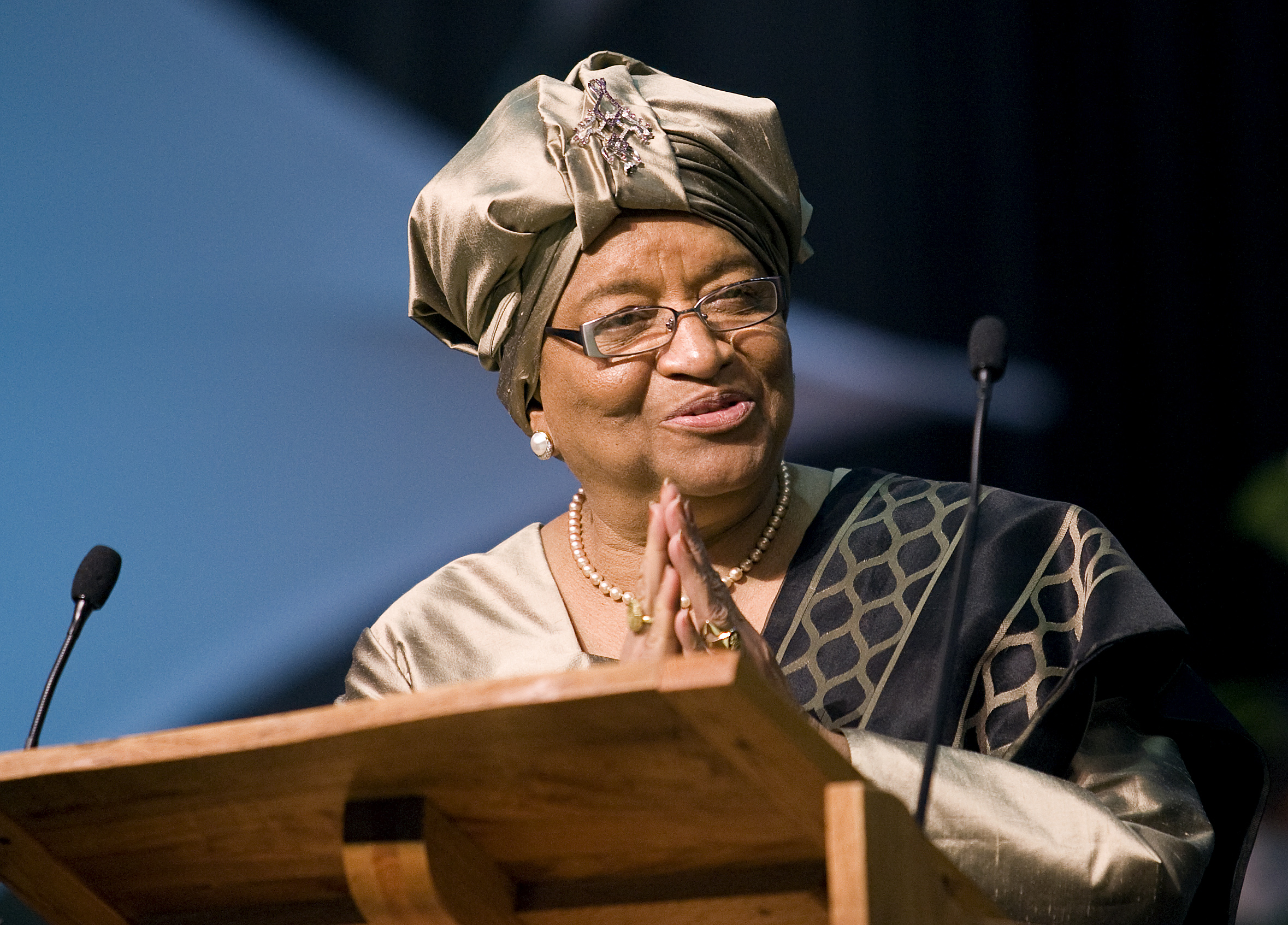
There was no shortage of obstacles that could have prevented Ellen Johnson Sirleaf from becoming the first woman to be elected president of an African nation. Multiple brushes with death, imprisonment, and life in exile could have reasonably prevented any person from achieving success. But Sirleaf isn’t just anyone, she is Africa’s Iron Lady.
Sirleaf was born in Monrovia, Liberia, in 1938, at a time when women in Liberian society had a very limited set of options. As mothers and family caregivers, little more was available in terms of work than tending family farms and selling goods at market. Married at 17 and having four children in quick succession, it would have been reasonable for her to remain on a path that mirrored society’s expectations.
Fortunately for Sirleaf, she was raised in a family that valued education, and as such, she joined her husband on his journey to the United States, earning a degree in accounting. Following employment with the Liberian Department of Treasury, Sirleaf returned to the United States to continue her educational pursuits. She earned her master’s degree in public administration from Harvard University in 1971, thereafter returning to Liberia to serve as her nation’s Minister of Finance.
In the 1980s, a military coup ousted the Liberian president and for the next 25 years, political unrest and a bloody civil war would plummet Liberia into social and economic turmoil. It was during this time Sirleaf would find herself living in exile twice, once after being sentenced to 10 years of hard labor for openly criticizing the government. Sirleaf worked in various leadership positions outside of Liberia before she was finally able to return in 2003 to chair the Governance Reform Commission of the Transitional Government, eventually being elected as the country’s first female president in 2005.
Seeing her homeland and its women and children ravaged over the course of two decades is what led Sirleaf to pursue the presidency. In her two presidential terms she managed to eliminate the entirety of Liberia’s debt and secured millions of dollars in foreign investment while simultaneously working to improve opportunities for women in education and the workplace. In 2011, she was awarded the Nobel Peace Prize for her contribution to “securing peace in Liberia, to promoting economic and social development, and to strengthening the position of women.”
Sirleaf has received a multitude of prestigious awards and accolades in the years following her presidency. She founded the Presidential Centre for Women and Development and continues to advocate for women’s political representation, education, and equitable access to healthcare through her involvement in many organizations. “There will always be those who will tear us down and tear us apart because they want the status quo to remain. But together we can break down the barriers that have kept women from achieving the equity they rightfully deserve,” she said.
